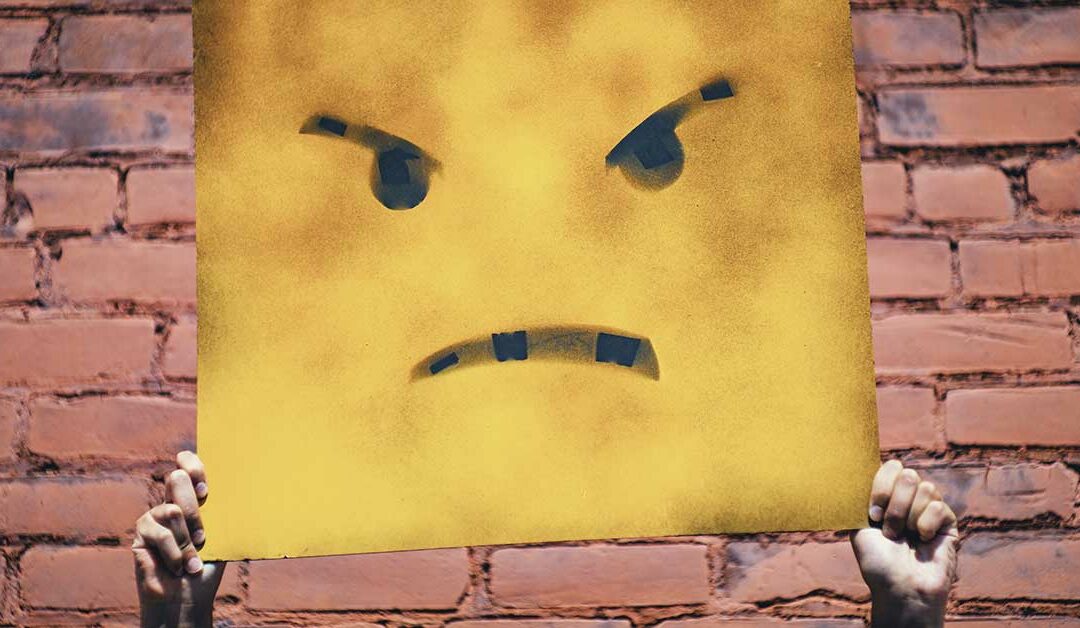In contacts with companies I sometimes hear that seemingly “ordinary” changes (as are mentioned: introducing a new form, adapting a working method to obvious needs, rearranging roles in a team, etc.) are blocked by the fact that people take things personally, and make it a matter of principle. Take this week’s story: the leader of a team that can no longer cope with the workload, wants to make an adjustment in the working method in order to improve the work climate for the team members. An employee replied with the question: “You really think I am not doing my work well enough?” the team leader was shocked: he wanted to help his people and they blamed him …
.
Every part of the business has a spiritual “owner”
Companies do everything they can to allow employees to engage personally. Ironically, an organization that has succeeded in doing so may well make it difficult for it’s own future. Engagement leads to taking initiative and creating solutions. this can be a process, method, document, form, classification system, etc. these “ordinary” elements are a kind of footprint for the individual in his or her productive presence in the company. Some employees often refer to it and in some cases the employee’s name is associated with the resource or process for years.
It is therefore logical and completely understandable that when you change something about such “symbols”, you are actually also in conflict with the personal legacy of an employee or a former employee, who was well- perceived within the organization. An ordinary change suddenly becomes a matter of principle. People just like to live from their past. The personal resistance in a change process has a lot to do with those symbols. And man is also a creature of habit. Once a solution to a problem is found, it soon becomes “usual business” and part of normal business operations, at least for those closely involved in its implementation. For others, who join the company later, it is self-evident.
A general fact in motivation study is that people identify with the work they do. When someone asks you, “Where do you work?” or “What do you do as a job?”, he/she actually asks about your identity. You prefer to be associated with a company that is successful, in a successful position, because ….. in society you are to a large extent what you do for work. And of course you want to be important for the environment in which you work. You want to leave your marks.
Promote shared ownership
So don’t underestimate the symbolic value of seemingly small things; find out who introduced them at the time and talk about it with those involved. Provide “buy-in” and there’s a fair chance that the same people will engage themselves for the update of the system. Thus their symbol still remains theirs. But make sure others are involved in the creation of the new situation as well, because you don’t want to see your company held hostage by individuals who protect their own “furniture” like a mother hen.
Shared ownership provides you with several sustainable benefits: you build a company that is based more on team strengths than individual expertise. You strengthen company values. and above all: you ensure sustainable flexibility in the company towards future changes. If you want to implement obvious changes in the future, there is a good chance that within the group of people who worked out the original solution, there is also some room to consider future adjustments. Therefore: make your team of creatives as diverse as possible, so that you can take multiple angles into account for the current challenge, but at the same time also provide sufficient oxygen for future adjustments. Diverse teamwork makes your company stronger and reduces the problem of the spiritual owners in change processes.
Do you also experience persistent and challenging barriers in your change project? Then we would gladly help you make a successful tactical plan for change;

